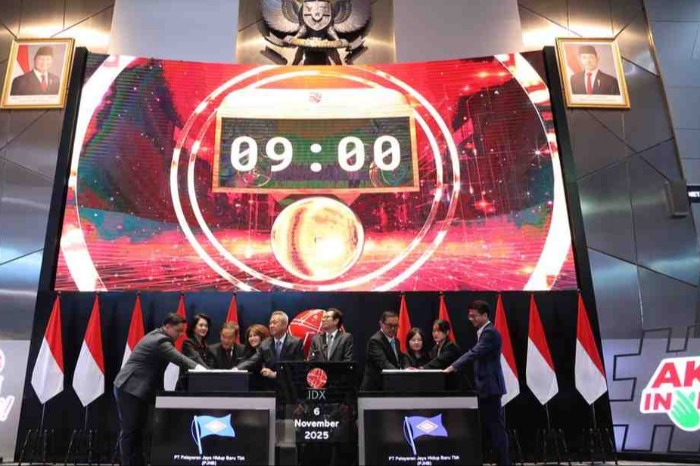
Five lawyers have officially filed a judicial review of Article 21 of Law No. 31 of 1999 on the Eradication of Corruption, as amended by Law No. 20 of 2001, against the 1945 Constitution. The case, registered under Number 163/PUU-XXIII/2025, questions the vague formulation of Article 21, which is considered a "rubber article" due to its lack of clear boundaries.
The petitioners argue that the article opens room for excessive interpretation and potential abuse of power, thereby violating the principles of legality, legal certainty, and lex certa in criminal law.
“This article is extremely vague. The phrase can be interpreted in many ways, making it a rubber article prone to arbitrary use,” said Petitioner II, Anggara Suwahju, during the preliminary hearing at the Constitutional Court on Wednesday (September 24, 2025). He was joined by Petitioners I, III, and V, while Petitioner IV was absent.
Article 21 stipulates that anyone who intentionally prevents, obstructs, or hinders directly or indirectly the investigation, prosecution, or trial of corruption cases may face imprisonment of 3–12 years and/or a fine ranging from IDR 150 million to IDR 600 million.
The petitioners highlighted that the phrases “prevent, obstruct, or hinder” are too subjective and left entirely to the interpretation of investigators, prosecutors, or judges, without clear legal boundaries.
In their petitum, they asked the Constitutional Court to declare Article 21 of the Anti-Corruption Law unconstitutional and no longer legally binding. However, Constitutional Judge Ridwan Mansyur warned that such a ruling could create a legal vacuum if granted.
The panel led by Justice Enny Nurbaningsih gave the petitioners 14 days to revise and resubmit their petition, with the deadline set for Tuesday, October 7, 2025, at 12:00 PM WIB.








